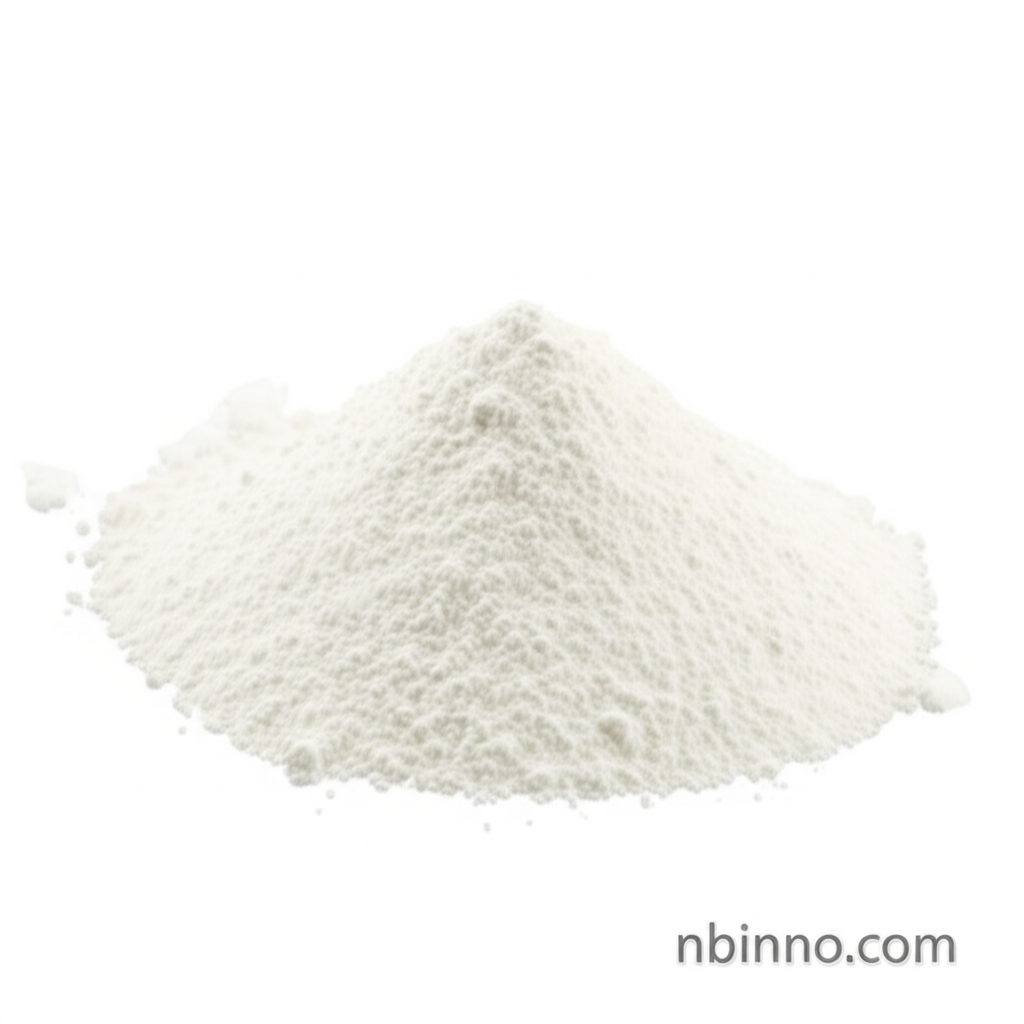Neuroprotective Compound P7C3-A20: Enhancing Neuronal Survival and Brain Health
Discover the groundbreaking potential of P7C3-A20 in protecting and regenerating brain cells for a healthier future.
Get a Quote & SampleProduct Core Value

P7C3-A20
P7C3-A20 is a revolutionary compound that demonstrates significant proneurogenic and neuroprotective activity, offering a promising therapeutic avenue for various central nervous system (CNS) disorders. Its ability to traverse the blood-brain barrier makes it a prime candidate for brain injury treatment and conditions affecting cognitive function.
- Research into P7C3-A20 shows it can cross the blood-brain barrier, making it a key candidate for brain injury treatment.
- Studies indicate P7C3-A20 exerts an antidepressant-like effect, suggesting potential applications in mood disorder therapies.
- The efficacy of P7C3-A20 in primate studies highlights its role in promoting neuronal survival and potentially treating neurodegenerative diseases.
- Comparing P7C3-A20 to NSI-189 reveals P7C3-A20's superior ability to enhance hippocampal neurogenesis by promoting neuronal survival.
Advantages Provided by the Product
Enhanced Neuronal Survival
P7C3-A20 effectively promotes the survival of young hippocampal neurons, a critical factor in maintaining brain health and function, as demonstrated by its CAS 1235481-90-9 neuroprotection capabilities.
Safe and Well-Tolerated
Chronic administration of P7C3-A20 in primate studies showed no evidence of toxicity, indicating a favorable safety profile for potential therapeutic use.
Superior Proneurogenic Action
Unlike drugs that primarily boost proliferation, P7C3-A20's mechanism of promoting neuronal survival leads to a greater net increase in hippocampal neurogenesis, offering more robust benefits.
Key Applications
Brain Injury Treatment
Leveraging P7C3-A20's ability to cross the blood-brain barrier and protect neurons, this compound offers a novel approach to mitigating damage and promoting recovery after acute brain injuries.
Neuropsychiatric Disorders
The antidepressant-like effects and overall neuroprotective qualities make P7C3-A20 a promising candidate for treating conditions like depression, anxiety, and other mood disorders.
Neurodegenerative Diseases
By enhancing neuronal survival, P7C3-A20 presents a potential strategy to combat the progressive loss of neurons characteristic of diseases like Alzheimer's and Parkinson's.
Cognitive Enhancement
Improving hippocampal neurogenesis through P7C3-A20 can lead to better cognitive function, pattern separation, and memory retention, beneficial for aging or damaged brains.
